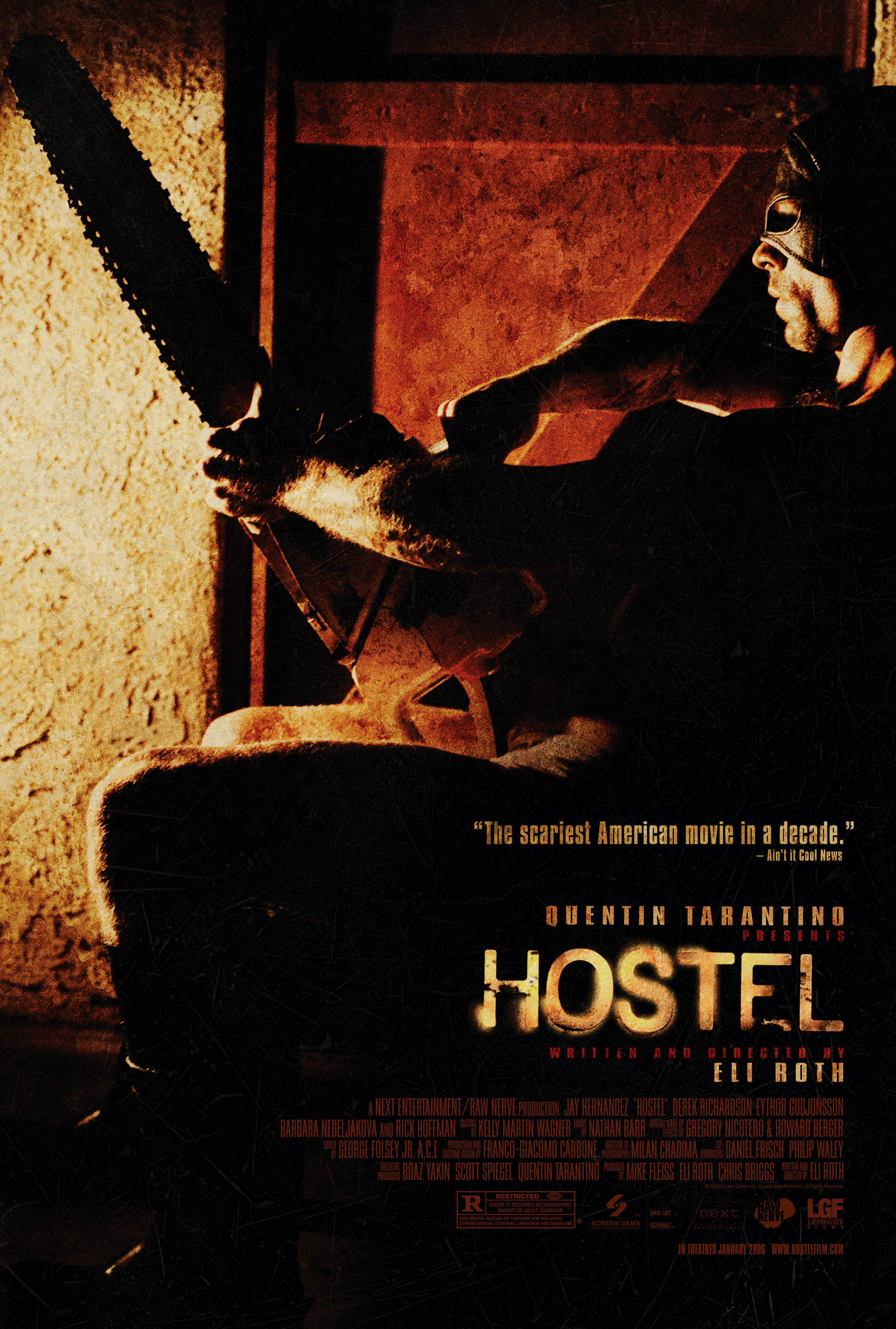Takashi Miike was born in the small town of Yao on the outskirts of Osaka, Japan. His main interest growing up was motorbikes, and for a while he harbored ambitions to race professionally. At the age of 18 he went to study at the film school in Yokohama founded by renowned director Shohei Imamura, primarily because there were no entrance exams. By his own account Miike was an undisciplined student and attended few classes, but when a local TV company came scouting for unpaid production assistants, the school nominated the one pupil who never showed up: Miike. He spent almost a decade working in television, in many different roles, before becoming an assistant director in film to, amongst others, his old mentor Imamura. The “V-Cinema”” (Direct to Video) boom of the early 1990s was to be Miike’s break into directing his own films, as newly formed companies hired eager young filmmakers willing to work cheap and crank out low-budget action movies. Miike’s first theatrically distributed film was Shinjuku Triad Society (1995) (Shinjuku Triad Society), and from then on he alternated V-Cinema films with higher-budgeted pictures. His international breakthrough came with Audition (1999) (Audition), and since then he has an ever expanding cult following in the west. A prolific director, Miike has directed (at the time of this writing) 60+ films in his 13 years as director, his films being known for their explicit and taboo representations of violence and sex, as seen in such works as Visitor Q (2001) (Visitor Q), Ichi the Killer (2001) (Ichi The Killer) and the Dead or Alive Trilogy: Dead or Alive (1999), Dead or Alive 2: Birds (2000) and Dead or Alive: Final (2002).”

Takashi Miike
Movies

Hostel
American best friends Josh and Pax, staying at hostels along the way, decide to backpack through Europe following college graduation to indulge in all their hedonistic fantasies in part to help Josh recover from the heartache of a breakup. Josh ends up being more willing in spirit than he is…
Fun Facts
Speaks no English, but did his cameo in Hostel (2005) in English for Eli Roth, of whom he is a fan. His character in the end credits is listed as "Miike Takashi.""
By 2017 became one of the rare directors who has helmed over 100 films.
He was slated to make his English language debut with The Outsider (2018) with Tom Hardy in the titular role. However
Quotes
I just don't understand people who would walk out on a movie.
I'm happy that my films were discovered by chance by foreign film festivals. That makes me realize more that there is a world outside Japan too. For me, it's an occasion to meet many people and to experience directly the response of international audiences to my films. But for me as a director, my attitude towards making films hasn't changed with the fame. I feel it's not good to change as a person anyway.
I don't think about the audience, I don't think about what makes them happy, because there's no way for me to know. To try to think of what makes for entertainment is a very Japanese thing. The people who think like this are old-fashioned. They think of the audience as a mass, but in fact every person in the audience is different. So entertainment for everyone doesn't exist.
I became a director because I didn't have another choice. I dreamed of becoming a motorbike racer because I love motorbikes a lot. I think anyone can become a director, especially if you have money. Even Haruki Kadokawa became a director. To become a famous musician is also a way to become a director and like Takeshi Kitano achieving fame as a comedian and then becoming a director gives you a lot of freedom. There are so many ways to become a director. If there is a 1 - 10 scale for talent, then a 10 point talent is a director, but a 1 point person can also become a director if he has the talent to make the right contacts. In motorbike racing on the other hand the winner is always an extreme talent. Even if we train a lot we can't beat them. I admire that kind of world. But I didn't have a choice. I never thought about becoming a director before. I considered the occupation of film director as being for the intelligentsia.
I don't make rules myself. I didn't study enough to be able to make them. I'm too stupid. I spend my whole life making movies, so I have to enjoy it. Even at times when we had a very tight and difficult schedule, it was always enjoyable. Of course I wonder if the film will be successful afterwards. It's wonderful if a film becomes successful as a result of the enjoyment that we had.
Of course it's hard working with a very tight schedule for filming, but once you become used to it, having more time and more margin means you can really make good use of it. Though I would probably waste it by sleeping and amusing myself.
I can only work realistically while wanting to depict something unrealistic.